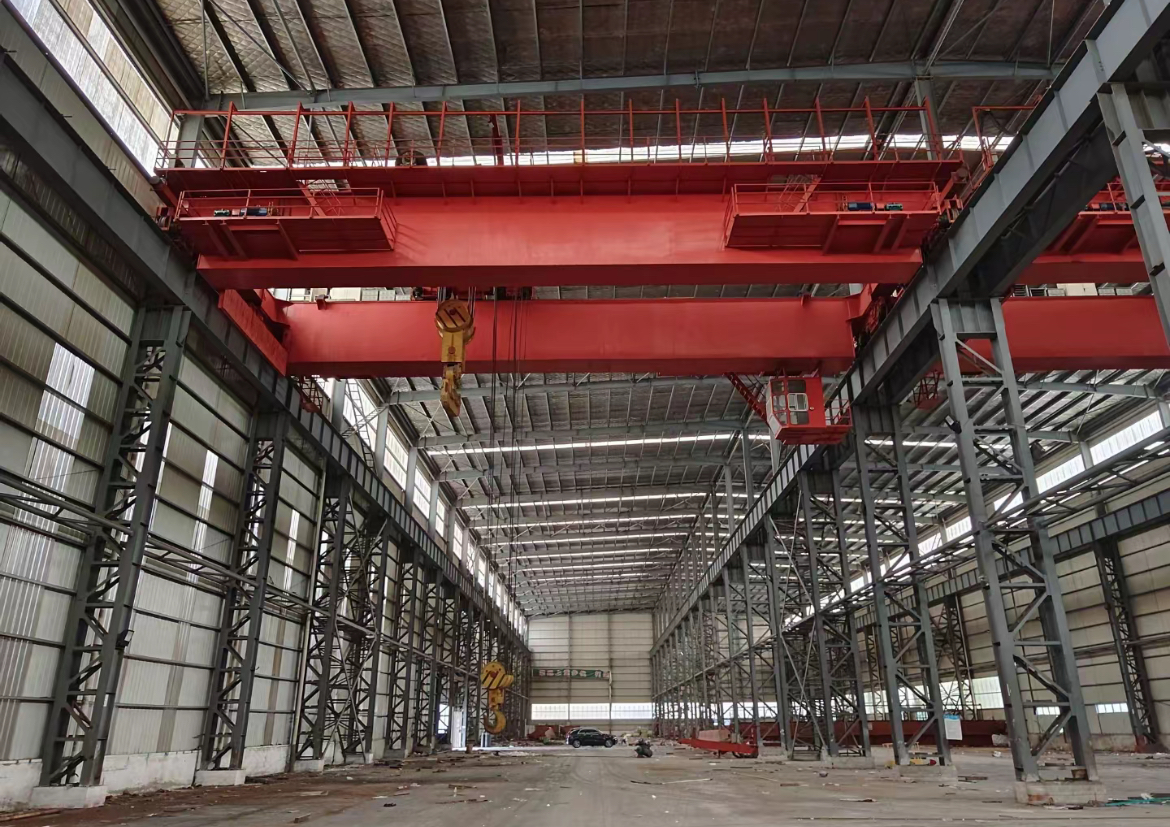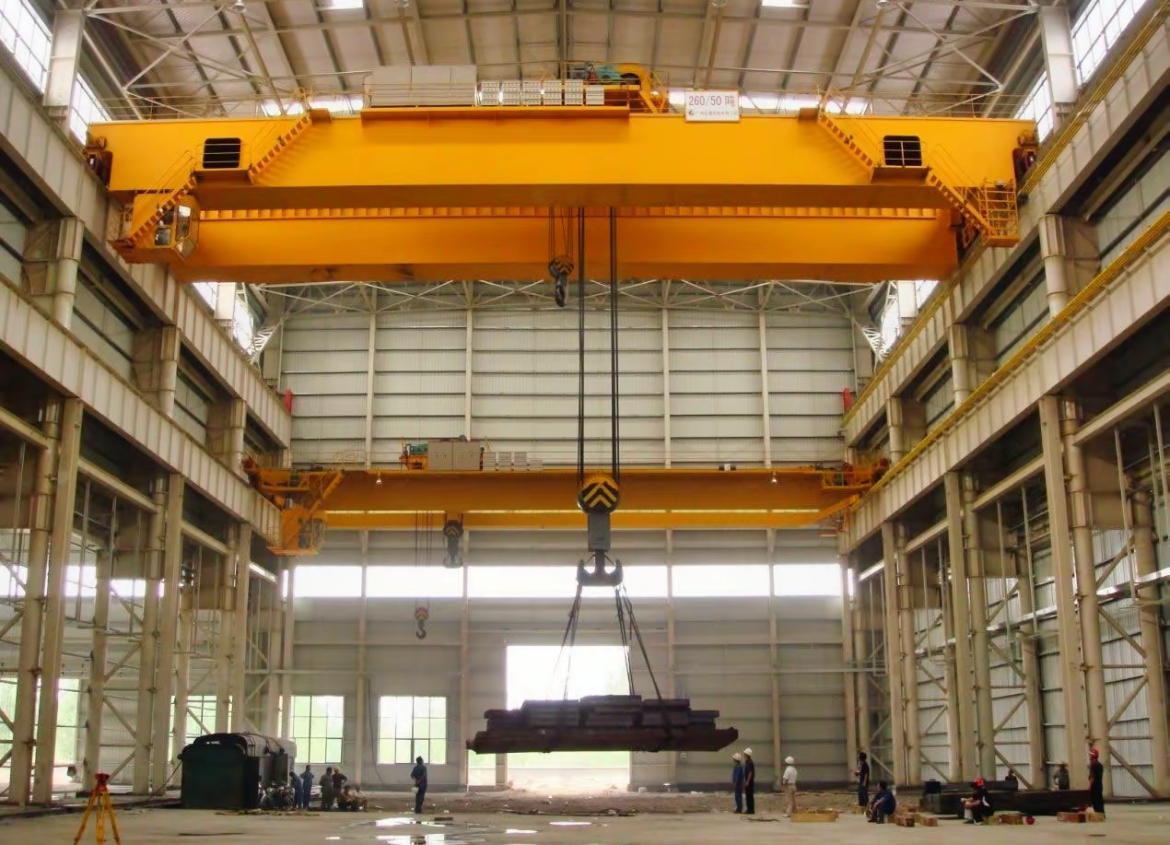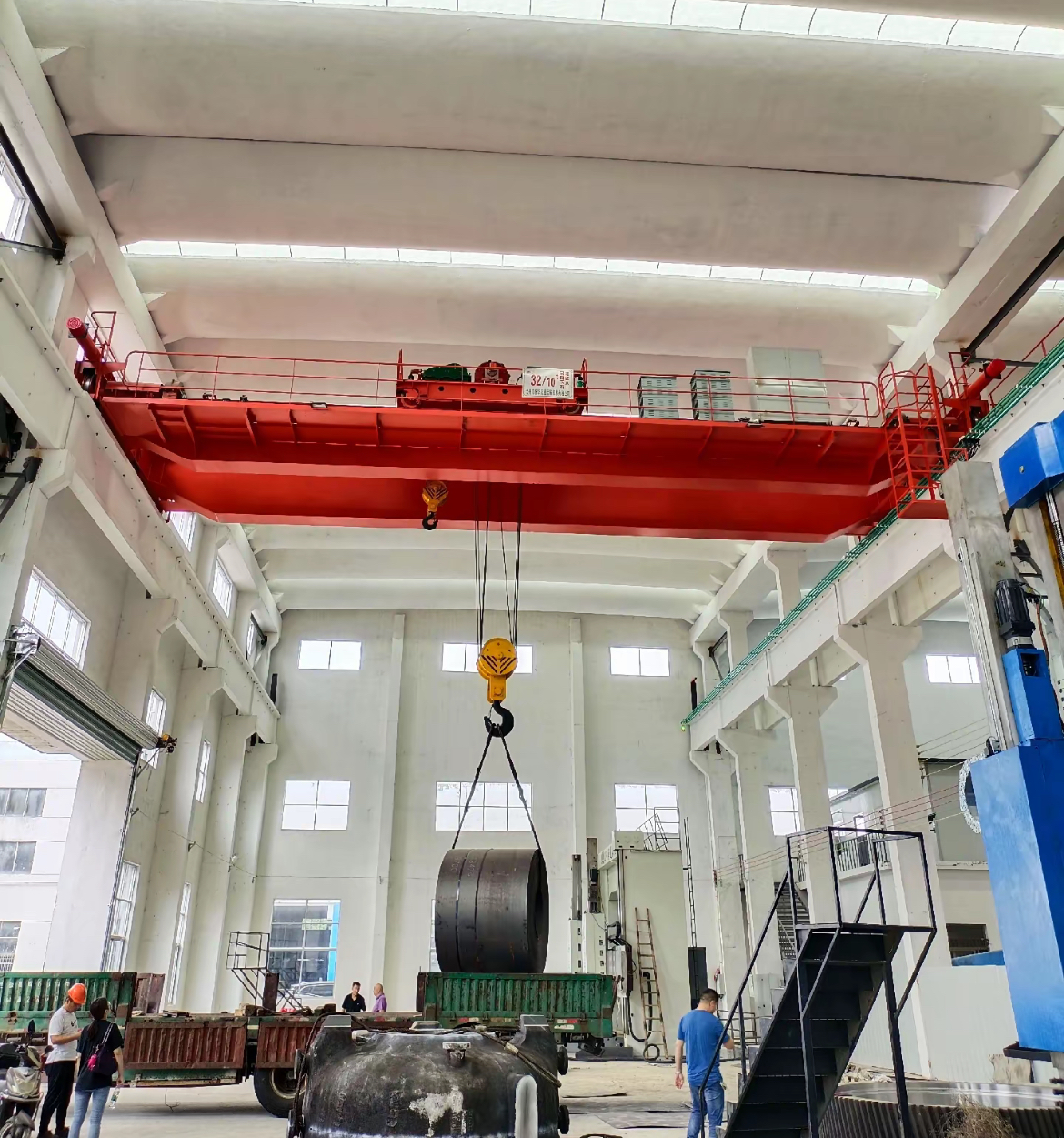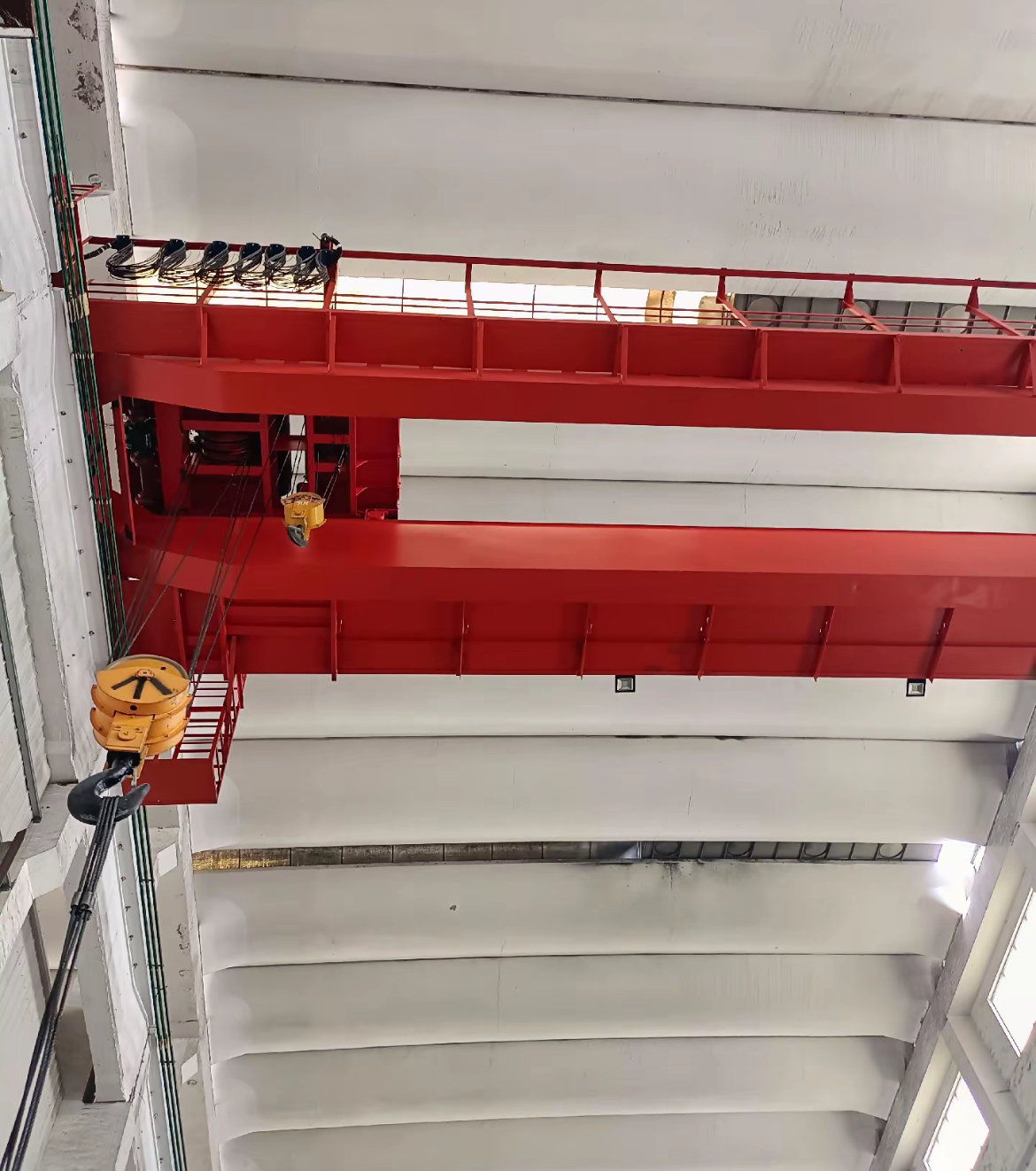Protective measures for QD double-beam bridge cranes in high temperature environments
Introduction: Operational Challenges in Heat
Elevated temperatures pose significant risks to material handling systems. General bridge cranes, heavy-duty double-beam bridge cranes, and precision-engineered QD double-beam bridge cranes all experience accelerated wear and potential failures under thermal stress. Implementing tailored high-temperature protection protocols is essential for safety and longevity.

System-Specific Thermal Impacts
Structural Integrity Concerns
1. Standard overhead lifting systems exhibit beam expansion-contraction cycles causing alignment issues
2. Twin-girder configurations experience amplified stress at connection points
3. Precision-engineered QD-type double-girder units show vulnerability at complex joints
Electrical System Vulnerabilities
1. Motor insulation degradation accelerates in all configurations above 45°C.
2. Control logic stability decreases significantly in integrated PLC systems.
3. VFD lifespan reduces 30% per 10°C rise in precision hoisting mechanisms.
Hydraulic Performance Reduction
1. Oil viscosity breakdown reduces efficiency by 15-25% across systems.
2. Seal leakage rates double at >60°C ambient temperatures
3. Precision lifting functions require strict thermal management

Targeted Protection Protocols
Structural Protection Measures:
| Solution | General Application | Heavy-Duty Focus | Precision Systems |
|---|---|---|---|
| Ceramic thermal coatings | All exposed surfaces | Beam connections | Trolley rail interfaces |
| Aluminum reflective shields | Optional | Critical for main beams | Required + ultrasonic testing |
| Composite insulation | Operator walkways | Full walkway coverage | Cabin sun barriers |
Electrical System Preservation
Standard systems: Mandatory motor cooling fans; NEMA 12 cabinets with forced ventilation.
Heavy-capacity models: Temperature-triggered cabinet ventilation (40°C threshold); fiberglass cable trays.
Precision lifting units: Dedicated cabinet air-conditioning (≤35°C); encoder thermal shrouds with adequate lubrication.
Hydraulic System Maintenance
All configurations: Annual oil analysis; synthetic high-temp fluids (ISO VG 46+).
Critical systems: Monthly pressure decay tests; piston rod thermal stress monitoring.
QD-specific: Biweekly seal inspections; graphite-based high-temp lubricants.
Operator Safety Enhancements
Climate-controlled cabins (25±1°C) for all double-beam bridge crane operations.
Solar-adaptive window films for QD double-beam bridge crane cabs.
Shift rotation protocols avoiding 11:00-15:00 peak heat periods.
Predictive Monitoring Systems
Wireless temperature sensors on all bridge crane power transmission units.
Automated shutdown sequences for double-beam bridge crane motors exceeding Class B limits.
Quarterly thermographic thermal stress mapping for QD double-beam bridge crane support structure.

Conclusion
Effective high-temperature risk mitigation requires a tiered protection strategy aligned with crane specifications. Foundational safeguards (structural coatings, electrical cooling) suffice for standard bridge cranes. Enhanced monitoring protocols become essential for double-beam configurations due to their structural complexity and higher loading. The sophisticated QD double-beam bridge crane demands the most rigorous approach: precision temperature control for electrical/hydraulic systems complemented by proactive thermal stress analysis.
Implementing these tailored measures—whether for basic bridge cranes, robust double-beam models, or advanced QD double-beam bridge cranes—delivers critical operational benefits:
30-40% extended service life.
50% reduction in heat-related downtime.
Elimination of temperature-induced safety incidents.
This crane-specific protection framework represents a vital investment in both operational resilience and personnel safety under extreme thermal conditions.


